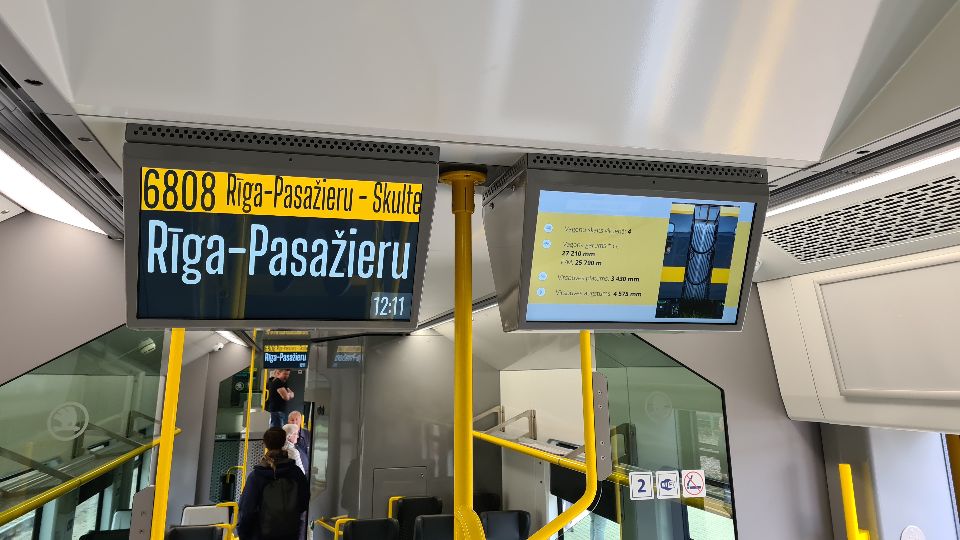Although the technical certification of trains has been completed, the data has yet to be compiled by the European Union Railway Agency. A permit must then be obtained from the State Railway Technical Inspectorate.
Currently, 14 electric trains have been assembled in Latvia, but by the end of the year, 23 have to be fully ready.
PV manager Rodžers Jānis Grigulis said that the delay in electric train transport in Latvia is due to a variety of factors, including the war in Ukraine and the time of the Covid-19 pandemic.
Meanwhile, Rinalds Pļavnieks, Chairman of the Board of Latvian Railways, confirmed that the tests to be performed on all critical devices with which the train is equipped are standardized and time-consuming, and their duration cannot be attributed to the Latvian railway infrastructure.
The new electric trains were promised to passengers in January this year, then in the second half of the summer, at the beginning of the autumn, but now are delayed even more.































